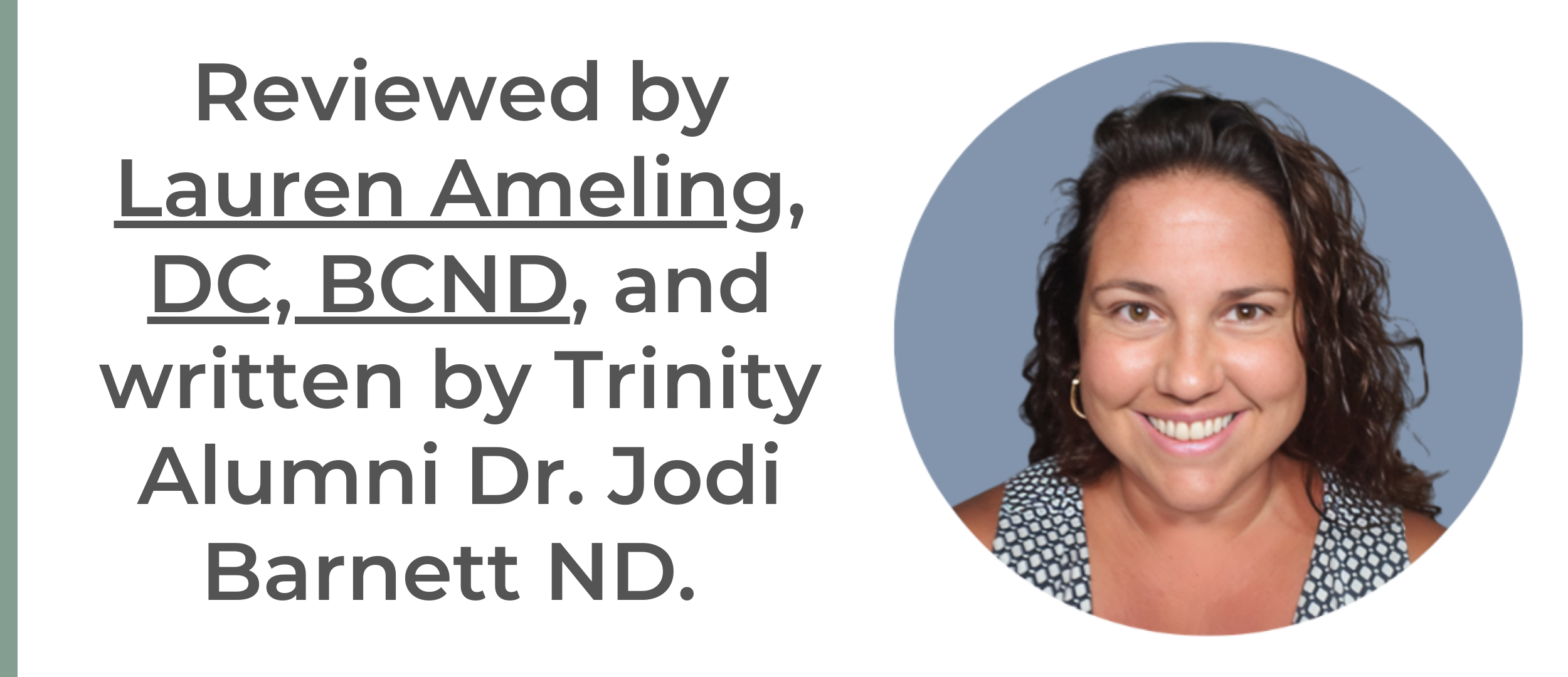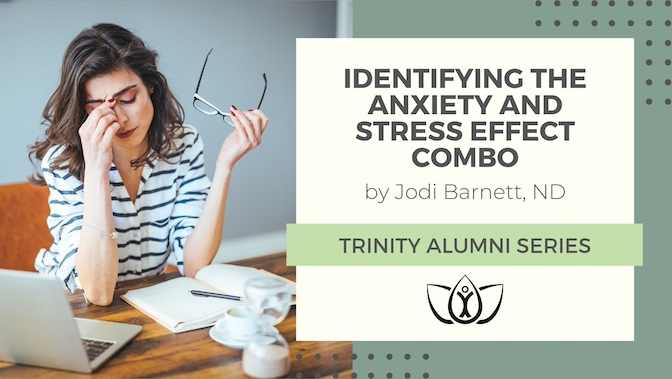 Anxiety is the most common psychiatric disorder in North America. An alarming 66% of North Americans take prescription medications daily, and between January 2016 and December 2022, the monthly antidepressant dispensing rate increased 66.3% from 2575.9 to 4284.8. Before March 2020, this rate increased by 17.0 per month, with higher growth in adolescents and younger adults. According to PubMed Central, only 60% of patients with anxiety disorders respond to current biological and psychological treatments who are prescribed medications to control the disorder, and physical responses can show short-term improvement. Long-term benefits have not been proven; the best effort seems to be focused on managed care with prescription applications.
Anxiety is the most common psychiatric disorder in North America. An alarming 66% of North Americans take prescription medications daily, and between January 2016 and December 2022, the monthly antidepressant dispensing rate increased 66.3% from 2575.9 to 4284.8. Before March 2020, this rate increased by 17.0 per month, with higher growth in adolescents and younger adults. According to PubMed Central, only 60% of patients with anxiety disorders respond to current biological and psychological treatments who are prescribed medications to control the disorder, and physical responses can show short-term improvement. Long-term benefits have not been proven; the best effort seems to be focused on managed care with prescription applications.While anxiety is a symptom that everyone experiences at some point in their life, in some individuals, it can be more than just occasional nervousness or stress. People with anxiety disorders often have symptoms that go beyond a simple response to stressful situations. The manifestations of an anxiety disorder can be extremely debilitating and can prevent the individual from engaging in a fully functional life. The consequences of anxiety encompass all areas of life, including emotional, occupational, and social. Although natural health practitioners focus on the client, not their diagnosis, it's important to be familiar with common anxiety symptoms and how the client may be experiencing them physically.
COMMON ANXIETY SYMPTOMS INCLUDE:
- allergy problems, increase in allergies (number, sensitivity, reactions, lengthier reactions)
- back pain, stiffness, tension, pressure, soreness, spasms, immobility in the back or back muscles
- blanching (looking pale, loss of color in the face or skin)
- blushing, turning red, flushed face, flushed skin, blushing, red face or skin
- body aches, parts of the entire body feel sore and achy, and a feeling like the body and muscles are bruised
- body jolts, body zaps, electric jolt feeling in the body, intense body tremors or "body shakes"
- body temperature increases or decreases, change in body temperature
- burning skin, itchy, "crawly," prickly, or other skin sensations like skin sensitivity or numbness on the skin
- burning skin sensation on the face, neck, ears, scalp, or shoulders
- buzzing sensation in the feet, toes, hands, fingers, arms, and legs as well as
- chest pains and chest tightness
- choking or choking sensation as if the throat is closing or tensed
- chronic fatigue, exhaustion, super tired, or worn out
- clumsiness, feeling clumsy, coordination problems with the limbs or body
- cold chills or feeling cold
- craving sugar, sweets, chocolate, and a reoccurring craving for sugar and sweets
- difficulty speaking, moving mouth, talking, and coordination problems with the mouth or tongue
- dizziness, feeling lightheaded
- excess of energy, feeling restless or unable to relax
- falling sensation, feeling a falling or dropping sensation even without movement
- feeling like passing out or fainting
- feeling wrong, different, foreign, odd, or strange
- flu-like symptoms, general malaise, feeling ill, like coming down with the flu
- frequent urination
- heart palpitations, racing heart
- hyperactivity, excess energy, or nervous energy
- increased OR decreased sex drive
- muscles that vibrate, jitter, tremor, or shake when used
- muscle twitching
- nausea and/or vomiting
- neck, shoulder pain, or tightness/stiffness
- night sweats, waking up sweating, or profusely sweating at night
- startling easily
- urgency to urinate, frequent urination, or sudden urge to go the washroom (similar to urinary tract or prostate infection symptoms)
- difficulty concentrating, short-term memory loss
- difficulty thinking, speaking, forming thoughts, or following conversations
Stress can be defined as any perceived physical or psychological change that disrupts an organism's metabolic balance. Today, people are faced with constant exposure to stress. Stress automatically activates a chain of events that occur for individuals to respond to the stress. Signals are sent throughout the body through the communication efforts of the neuroendocrine system, resulting in "fight or flight" responses. Some of these signals cause positive changes for the body to respond to immediate or acute stress. Long-term or chronic stress poses too many challenges, which can eventually overload the circuits and cause body systems to shut down.
Has anyone seen the rise in social media posts, reels, videos, and online classes to help people deal with stress and anxiety? The market for stress management programs, products, and services has skyrocketed in the past two decades! More and more people seem to struggle with things like coping with common life changes, relationship issues, and job-related stressors.
The two branches of the ANS that regulate the fight or flight response are the sympathetic and the parasympathetic nervous system. The sympathetic part of the ANS is responsible for initiating the fight or flight response. With each perceived thought of danger or pain, the sympathetic nervous system automatically initiates the fight or flight response so that the body can handle any potential threat.
The parasympathetic returns the body back to balance. During parasympathetic activity, blood concentrates in the central organs for such processes as digestion and storage of energy reserves. Breathing, heart rate, blood pressure, muscle tension, and body temperature all decrease to normal.
The hypothalamus controls the ANS after receiving a message of danger from the higher-order thinking component of our mind. A systemic response is then initiated by signals that travel through the nervous system, connecting like a hard-wired electrical system to every other body system. Hormones are secreted when the hypothalamus stimulates the adrenal glands of the endocrine system, which sit atop the kidneys. The adrenaline and cortisol hormones are then secreted into the bloodstream and travel throughout the body to deliver information to all the cells and tissues in the human organ systems.
Epinephrine (adrenaline) and norepinephrine (noradrenaline) are released into the bloodstream from the adrenal medulla, the inner part of the adrenal glands. Cortisol is released from the outer portion of the adrenal glands called the adrenal cortex. Together, these hormones flood every cell in the body with the specific message to prepare for fight or flight.
WHAT DOES THIS LOOK OR FEEL LIKE IN THE BODY?
- increased mental activity
- increased heart rate
- increased cardiac output
- increased breathing rate
- increased metabolism
- blood is shunted away from the digestive tract and directed into the muscles and limbs
- increased circulation of free fatty acids
- increased output of blood cholesterol
- increased blood sugar released by the liver to nourish the muscles
- release of endorphins from the pituitary gland
- pupils of the eyes dilate
- blood thins
- the immune system is suppressed
- reproductive and sexual systems stop functioning normally
- the digestive system stops metabolizing food properly
- the excretory system turns off
- kidneys decrease output
- bowel and bladder sphincter close
- alarm stage
- resistance stage
- exhaustion stage
This seems to morph into a serious combination, or the "One/Two punch" that many people are struggling with today, especially post-pandemic (as addressed by Georgetown University).
Fortunately, there are natural methods and different techniques that can assist with correcting nutritional and other imbalances the body experiences when handling stress and anxiety loads. Working with a practitioner can help determine which modalities, along with nutritional and lifestyle changes, to utilize, as recommendations vary from person to person. Naturally-minded practitioners are not a one-size-fits-all society. Helping to identify where clients have nutritional deficiencies should be a starting point. We know stress isn't going anywhere, but how we deal with and respond to it can make all the difference. Equipping our bodies to be stronger and more nutritionally fit to be able to bounce back faster when faced with stress and anxiety is critical.
Citations:
https://www.apa.org/monitor/2023/01/trends-improving-youth-mental-health (Kids mental health is in crisis)
https://publications.aap.org/pediatrics (antidepressant dispensing to US adolescents and young adults: 2016-2022
https://www.ncbi.nlm.nih.gov/pmc/ (Pharmacotherapy of Anxiety Disorders: Current and Emerging Treatment Options Dec. 23, 2020)
https://www.mayoclinic.org/stress (Chronic stress puts your health at risk)
About the Author
 I was drawn to the field of Naturopathy to help people find their way back to the basics. Instead of chasing symptoms, I focus on identifying the nutritional deficiencies that can be contributing to physical symptoms.
I was drawn to the field of Naturopathy to help people find their way back to the basics. Instead of chasing symptoms, I focus on identifying the nutritional deficiencies that can be contributing to physical symptoms.
I was raised on a farm with a grandmother who could identify every plant. She made all her own remedies and said God provided the plants as a “field of purpose.” For me, the seed of my future was planted in my childhood, which grew into a passion and ministry to help others see and feel the difference in their health. Is it always the easier route?… No… Does it take more time and dedication?…. YES…. Is it an investment?… ABSOLUTELY! It is a process, not a procedure, which is important to realize.
I am a mother of 5 and grandmother of 12. I raised all my children outside the normal medical model. I homeschooled my children before it was popular, teaching them to eat healthier, rely on herbs, minerals, and homeopathic remedies, stay active, modulate stress, and BREATHE.
Dr. Jodi Barnett N.D., Harvested Health LLC ( www.jodibarnett758.com)
Gaps Diet Practitioner
Member of The American Naturopathic Medical Association
American Naturopathic Medical Certification, Board Certified Naturopathic Doctor

This article was reviewed by Lauren Ameling, DC, BCND. Dr. Lauren Ameling is a 2006 graduate of Logan University, where she earned a Doctor of Chiropractic and a Bachelor of Science in Human Biology. She is a chiropractic physician certified in acupuncture and naturopathy, specializing in traditional Chinese medicine, pregnancy and pediatric care, and kinesiology. Dr. Ameling has worked in healthcare education since 2010 and serves as the Chief Operating Officer of Trinity School of Natural Health.


